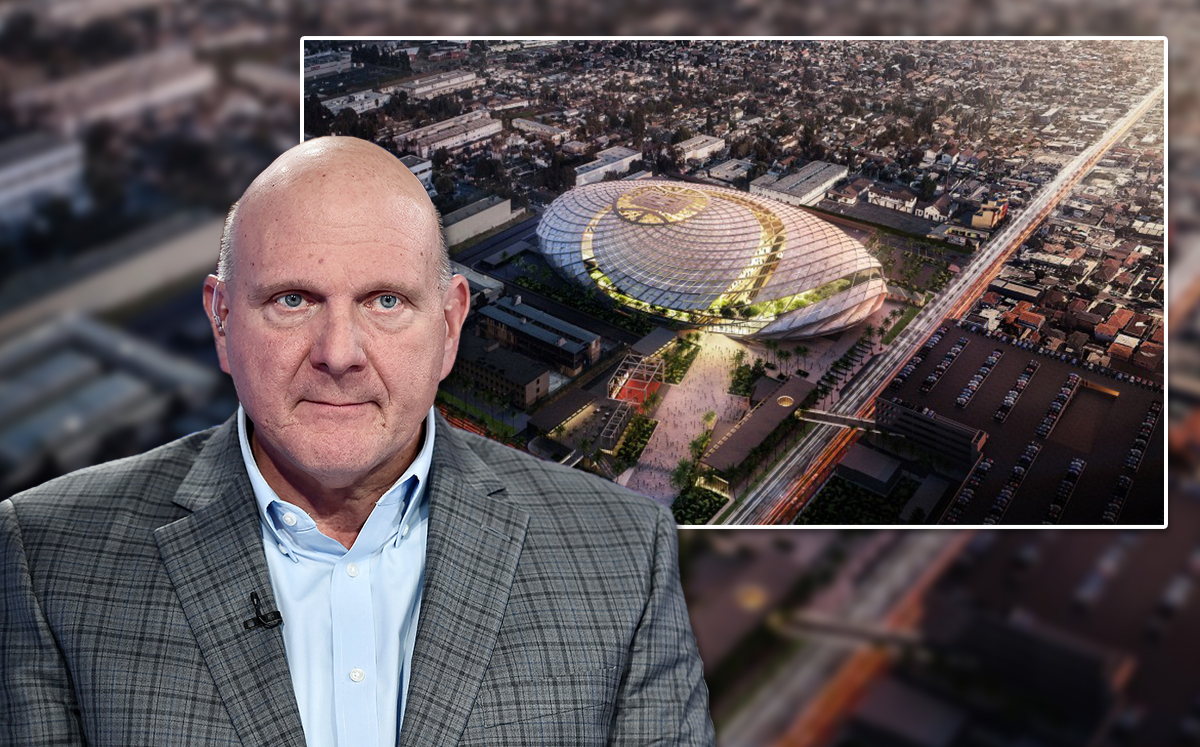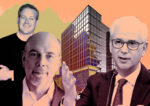Trending
Clippers’ $1B arena project won’t contribute to gentrification: Report
Inglewood City Council approved environmental report for construction of 28-acre complex, which received pushback from residents who wanted affordable housing

With the NBA season finally a week away, Los Angeles Clippers’ owner Steve Ballmer, got some good news, securing a key approval for the team’s planned billion-dollar arena project in Inglewood.
The Inglewood City Council unanimously approved the environmental impact report for the 28-acre Inglewood Basketball & Entertainment Complex on Tuesday, according to the Los Angeles Times. Among the findings: the megaproject will not lead to greater gentrification, something residents believe will happen.
It’s the second big step forward for the megaproject this year. In March, Ballmer bought the nearby Forum from the Madison Square Garden Company for $400 million, effectively ending MSG’s opposition to the new project.
The approved environmental report was two years in the making, and first released seven months ago, before the coronavirus. Those types of reports are required for large-scale projects in order to assess their potential impact on their surroundings.
The findings were typical for a major project — the complex would increase traffic but also lead to 1,000 permanent jobs to the immediate area. Notably, the report determined the stadium would not contribute to gentrification, a key contention from local groups that oppose the Clippers arena and SoFi Stadium rising across the street.
Some neighborhood organizations sued the city to stop the Clippers project, saying affordable housing would be a more appropriate use for the development site.
The report estimated the Clippers arena would host 62 major events a year and called for the developers to mitigate traffic impacts by funding improvements to nearby infrastructure and bus shuttles to nearby Metro stations.
Ballmer also reiterated his pledge to invest $100 million into the city, including $75 million for the construction of affordable housing. [LAT] — Dennis Lynch




